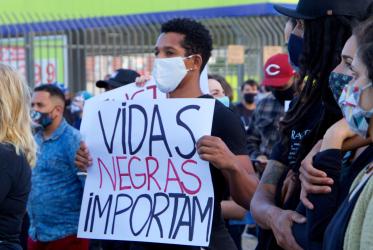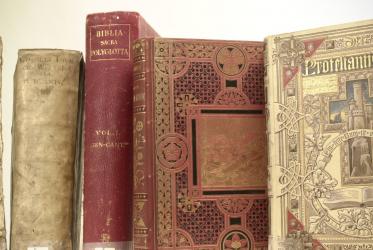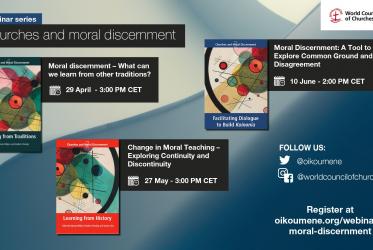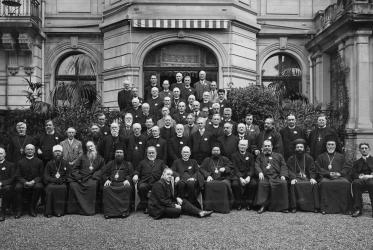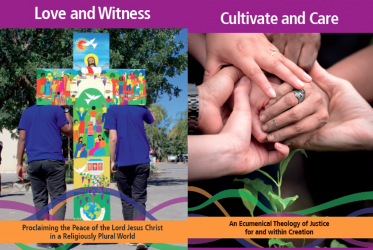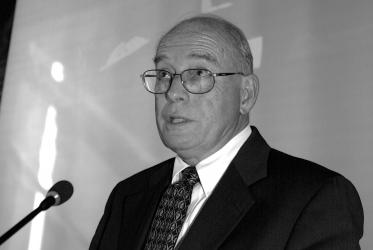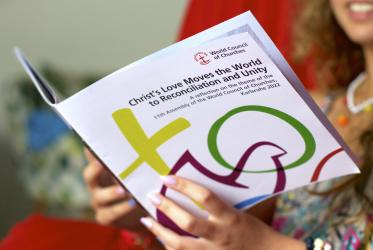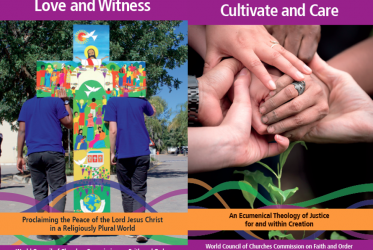Displaying 41 - 60 of 255
Churches and moral discernment: A series of three webinars by WCC Faith and Order Commission
29 April - 15 June 2021
Online-By registration only
Webinar: “Anglican-Orthodox Dialogue: History, Results, Reception”
09 March 2021
Online-By registration only
WCC webinar “Common witness on environmental justice and religious pluralism”
18 February 2021
Online-By registration only
